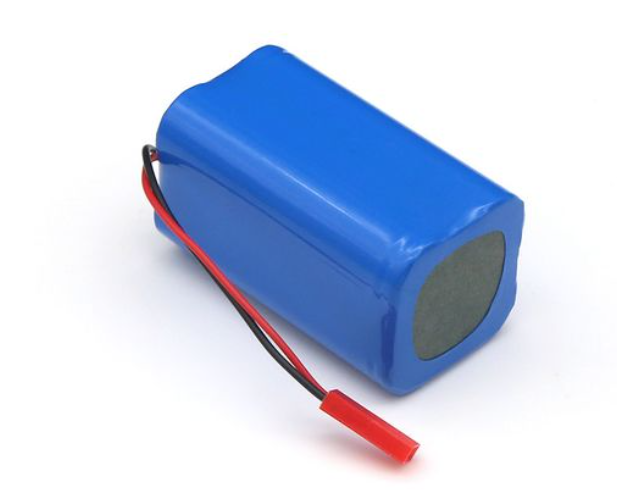Comparison of energy density of lithium iron phosphate batteries and ternary lithium batteries
- 墙体涂鸦资讯
- 时间:2025-03-14 19:31:09
- 366人已阅读
Energy density is an indicator to measure the battery's ability to store energy, which directly determines the amount of electricity a battery can provide at the same weight or volume. For electric vehicles, mobile devices and other products that require high battery life, energy density is a crucial parameter. The energy density of
lithium iron phosphate batteries is relatively low, usually around 100-180Wh/kg. This means that at the same capacity, the volume and weight of lithium iron phosphate batteries will be relatively large, thus limiting the battery life and portability of the equipment. Therefore, lithium iron phosphate batteries are not suitable for equipment with high range requirements, such as long-distance electric vehicles or mobile devices that require long-term operation.
In contrast, ternary lithium batteries have a higher energy density, generally between 200-300Wh/kg. This allows ternary lithium batteries to store more energy at the same weight or volume and provide longer range. Therefore, ternary lithium batteries are more suitable for electric vehicles and mobile devices with high battery life requirements. In the field of electric vehicles, the widespread application of ternary lithium batteries is due to the long-term battery life advantages brought by its high energy density.
